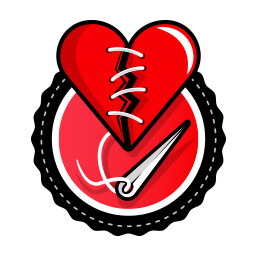Install Steam
login
|
language
简体中文 (Simplified Chinese)
繁體中文 (Traditional Chinese)
日本語 (Japanese)
한국어 (Korean)
ไทย (Thai)
Български (Bulgarian)
Čeština (Czech)
Dansk (Danish)
Deutsch (German)
Español - España (Spanish - Spain)
Español - Latinoamérica (Spanish - Latin America)
Ελληνικά (Greek)
Français (French)
Italiano (Italian)
Bahasa Indonesia (Indonesian)
Magyar (Hungarian)
Nederlands (Dutch)
Norsk (Norwegian)
Polski (Polish)
Português (Portuguese - Portugal)
Português - Brasil (Portuguese - Brazil)
Română (Romanian)
Русский (Russian)
Suomi (Finnish)
Svenska (Swedish)
Türkçe (Turkish)
Tiếng Việt (Vietnamese)
Українська (Ukrainian)
Report a translation problem

























░░█░░░░░░░░░░░░█
░█░░░░░░░░░░░░░░█
█▀▀██▐███▀▀██▐████
█░░█▌████░░█▌█████
█░░░▀▀▀▀░░░░▀▀▀▀░█
█░░░░█░░░░░░░░█░░█
█░░░░░█░░░░░░█░░░█
░█░░░░░▀▀▀▀▀▀░░░█
░░█░░░░░░░░░░░░█
░░░▀▀▄▄▄▄▄▄▄▄▀▀
It's COOL to be a dweeb!
Post this on the wall of a dweeb friend and tell them how COOL they are
For some people, they may be far more uncomfortable than painful. What are wisdom teeth, and why do people get them at such a late age?
The blog walks you through how pain can be relieved, the benefits of extraction, and signs that the discomfort comes from wisdom rather than a regular tooth.
5 Symptoms of Wisdom Teeth:
Essentially, molar teeth and wisdom develop between 18 and 30. They develop at a variety of paces.
However, approximately 80% of individuals experience wisdom tooth development in their late teens or early 20s. The 32 teeth are completed by wisdom teeth, which develop at the back of the jaw.